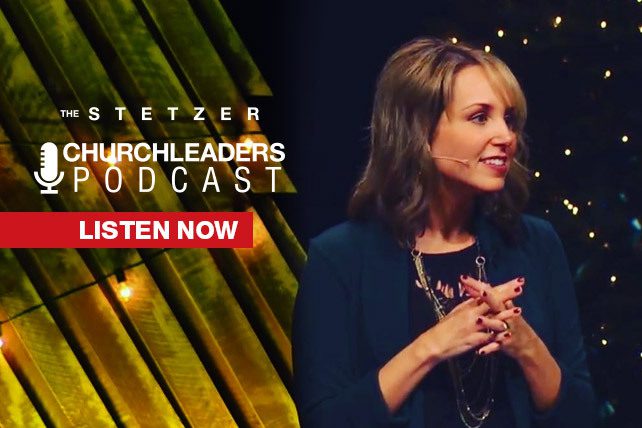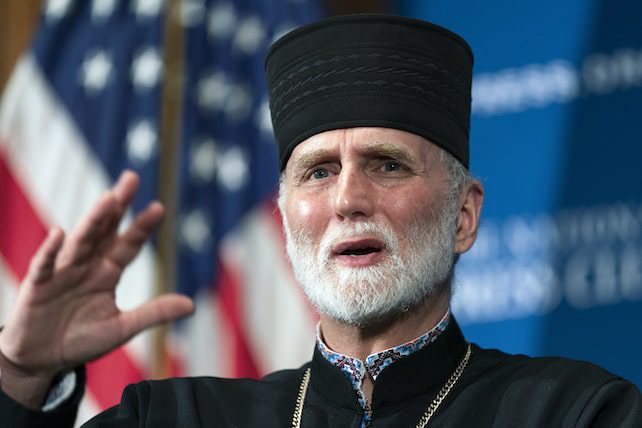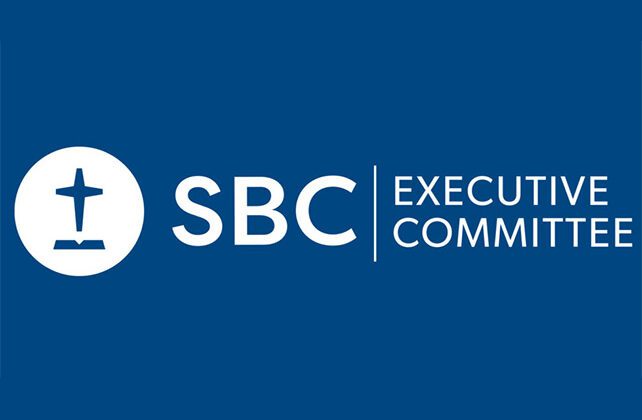My God, my God, why have You forsaken me?
Far from my deliverance are the words of my groaning.
O my God, I cry by day, but You do not answer;
And by night, but I have no rest.
Yet You are holy,
O You who are enthroned upon the praises of Israel.
In You our fathers trusted;
They trusted and You delivered them.
To You they cried out and were delivered;
In You they trusted and were not disappointed.
(Psalm 22:1–5, NASB)
What an honest cry to God for help: “Why, God? Why does it seem like you’re not answering my prayers?” As he wrestles with this, David turns to Scripture, where God’s deliverance of His people is documented. David reflects on their trust in God. In the end, God’s faithfulness toIsrael inspires David to believe that God will prove faithful to him as well.
God’s Word contains countless expressions of concern and anguish about the hard times people experience and the fact that they sometimes don’t feel God’s closeness. In this fallen world, “Why?” is a common question.
Jackie Hill Perry writes, “While reading the Psalms, I’m struck by how often God is questioned. Why He’s allowing this. Why He’s forsaken that. Suffering makes you curious and to me, it seems, being inquisitive is in fact a healthy part of prayer. Even Jesus, in His dying hour, asked God a question.”
Randy Butler, a pastor, told me about his teenage son’s death. “For twenty years, God gave me a perfect life, family, and ministry. Then Kevin died, and nearly every morning, for three or four months, I screamed questions at God. I asked, ‘What were you thinking?’ And, ‘Is this the best you can do for me?’ And finally, ‘Do you really expect me to show up every Sunday and tell everyone how great you are?’ In the silence I began to hear the voice of God…then, without any announcement, when I became silent, God spoke to my soul. He had an answer for each of my three questions.”
Had Randy not been unreservedly honest with God, he couldn’t have completely grasped how the God he spoke to had watched His own Son die long before Randy had. God the Father had endured the horrible death of Jesus, His only Son. So, better than anyone in the universe, God empathized with Randy’s pain.
A lot of bad theology inevitably surfaces when we face suffering. When people lose their faith because of suffering, it suggests a weak or nominal faith that didn’t account for or prepare them for evil and suffering. Any faith not based on the truth needs to be lost—the sooner, the better.
Suffering and evil exert a force that either pushes us away from God or pulls us toward Him. But if personal suffering gives sufficient evidence that God doesn’t exist, then surely I shouldn’t wait until I suffer to conclude He’s a myth. If my suffering would one day justify denying God, then I should deny Him now in light of other people’s suffering.
Believing that God exists is not the same as trusting the God who exists. A nominal Christian often discovers in suffering that his faith has been in his church, family, career, or social network, but not Christ. As he faces evil and suffering, he may find his beliefs shaken or even destroyed. But genuine faith—trusting God even when we don’t understand—will be made stronger and purer.
If your faith is based on lack of affliction, it’s on the brink of extinction and is only a frightening diagnosis or a shattering phone call away from collapse. Token faith will not survive suffering. Nor should it.
Thank you, Lord, for welcoming the honest cries of our hearts. Thank you for allowing us to ask, “Why?” It’s a gift to us that your prophets and King David asked, “Why,” and even your Son, Jesus, asked, “Why?” as He hung on a cross. But give us the grace and wisdom, Lord, to ask our questions while looking to your Word and to your Holy Spirit for answers.
This article originally appeared here and is used by permission.




























